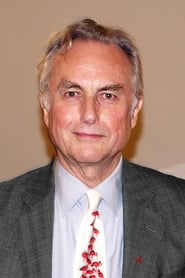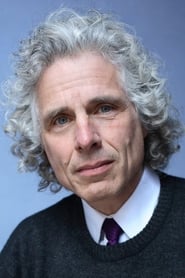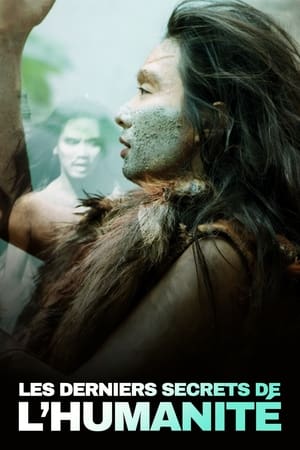

The Mind's Big Bang(2001)
The events and coincidences that led to rapid advances in human intelligence 50,000 years ago.

Movie: The Mind's Big Bang
Top 10 Billed Cast
Self
Self
Self
Self
Self
Self
Self

The Mind's Big Bang
HomePage
Overview
The events and coincidences that led to rapid advances in human intelligence 50,000 years ago.
Release Date
2001-09-27
Average
0
Rating:
0.0 startsTagline
Genres
Languages:
EnglishKeywords
Similar Movies
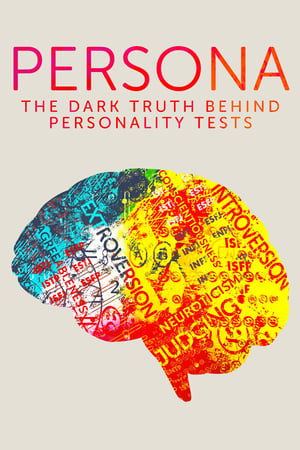 5.6
5.6Persona: The Dark Truth Behind Personality Tests(en)
A documentary exploring the history and growing dangers surrounding the seemingly innocuous Myers–Briggs personality test.
 8.5
8.5Sniper: Bulletproof(en)
Sniper: Bulletproof deconstructs and analyzes the little-known sniper events that have occurred when no other course of action was possible. The people who planned the takedowns, or pulled the trigger, share their techniques and bring to light the many factors that had to be considered in each mission: terrain, wind speed, temperature, elevation changes... all are critical to taking out targets considered bulletproof. A sniper has one chance, one breath, to rise to the occasion and save the day... if they miss, there may never be another opportunity. As these never told before stories unfold, the viewer also learns about the high-tech gear each sniper carries on their classified missions.
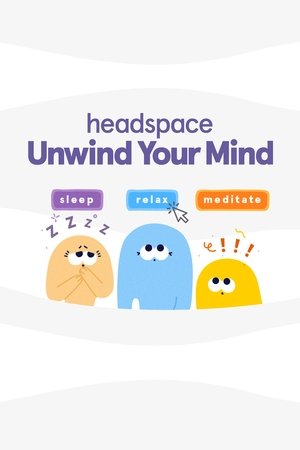 6.8
6.8Headspace: Unwind Your Mind(en)
Do you want to relax, meditate or sleep deeply? Personalize the experience according to your mood or mindset with this Headspace interactive special.
 9.0
9.0Manufacturing Happiness(fr)
Books, apps, coaching sessions: Today, happiness is everywhere. We might think that there is nothing wrong with this common-sense concern. But it’s actually the opposite of social reality. So what lies behind this contemporary obsession with happiness and the billions of euros generated by its industry? Philosophers, sociologists, economists and psychiatrists including Christophe André, Éva Illouz, Martin Seligman and Julia De Funès, confront their point of view and decipher one of the most captivating and worrying phenomena of this early century.
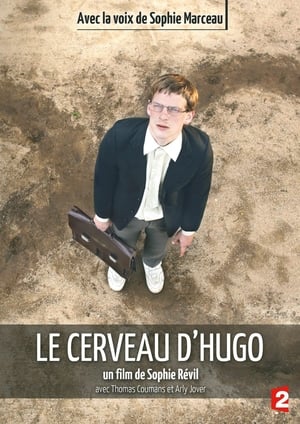 7.8
7.8The Hugo's Brain(fr)
The Hugo's Brain is a French documentary-drama about autism. The documentary crosses authentic autistic stories with a fiction story about the life of an autistic (Hugo), from childhood to adulthood, portraying his difficulties and his handicap.
 6.2
6.2Stanford Prison Experiment: Psychology of Imprisonment(en)
The Stanford prison experiment was a landmark psychological study of the human response to captivity, in particular, to the real world circumstances of prison life, and the effects of imposed social roles on behaviour. It was conducted in 1971 by a team of researchers led by Philip Zimbardo of Stanford University.
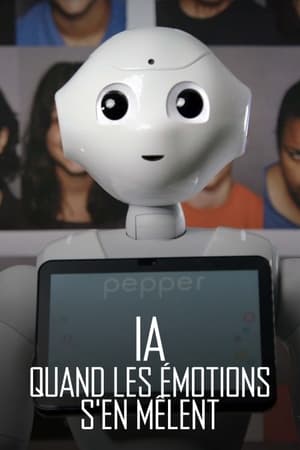 7.0
7.0Intelligence artificielle - Quand les émotions s'en mêlent(fr)
With the rapid advancements in artificial intelligence, the line between humans and machines continues to blur, and everything is evolving at an astonishing pace as this technology offers tantalizing promises. However, some researchers, including 2024 Nobel Prize in Physics laureate Geoffrey Hinton, warn about its exponential power. A deep dive into the dizzying complexities of AI.
 6.2
6.2Tawai: A Voice from the Forest(en)
Explorer Bruce Parry visits nomadic tribes in Borneo and the Amazon in hope to better understand humanity's changing relationship with the world around us.
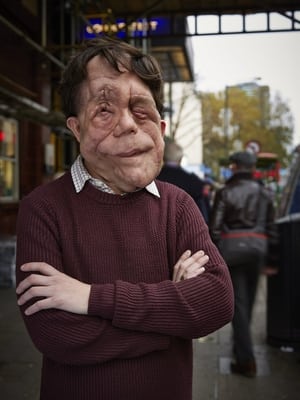 0.0
0.0The Ugly Face of Disability Hate Crime(en)
Adam Pearson - who has neurofibromatosis type 1 - is on a mission to explore disability hate crime: to find out why it goes under-reported, under-recorded and under people's radar.
 7.7
7.7Derren Brown: Infamous(en)
Multi award-winning psychological illusionist Derren Brown returns in the recording of his acclaimed live show ‘Infamous’. Featuring Derren at his baffling best with the excitement of a live theatre audience, Infamous includes amazing, provocative, jaw dropping demonstrations of his incredible skills of magic, suggestion, showmanship and misdirection in a must-watch roller coaster of emotions.
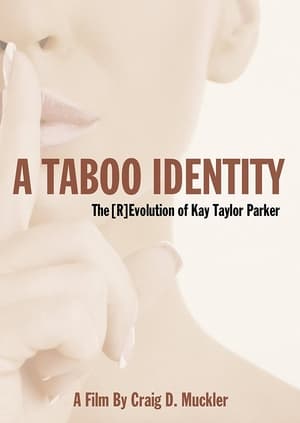 0.0
0.0A Taboo Identity(en)
Sociologist David W. Wahl explores the identity work involved in Kay Parker shifting from being a legend of the adult film industry to her current occupation as a metaphysical counselor.
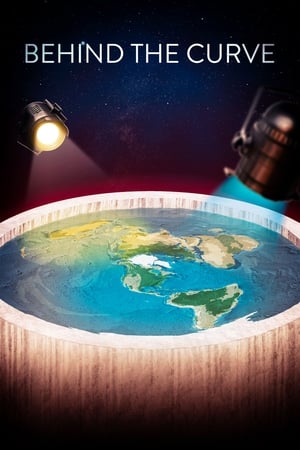 6.3
6.3Behind the Curve(en)
Meet the growing, worldwide community of theorists who defend the belief that the Earth is flat while living in a society who vehemently rejects it.
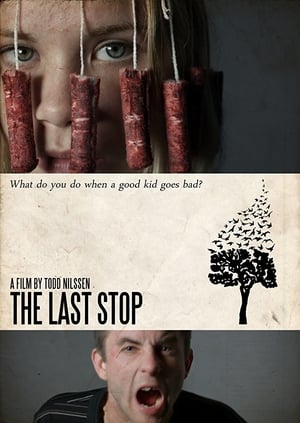 7.8
7.8The Last Stop(en)
The Élan School was a for-profit, residential behavior modification program and therapeutic boarding school located deep within the woods of Maine. Delinquent teenagers who failed to comply with other treatment programs were referred to the school as a last resort. Treatment entailed harsh discipline, surveillance, degradation, and downright abuse. Years later, the patients who were institutionalized in this facility still carry the trauma they endured, with mixed opinions on the impact of their experience.
 4.0
4.0Making a Killing: The Untold Story of Psychotropic Drugging(en)
Psychotropic drugs. It’s the story of big money-drugs that fuel a $330 billion psychiatric industry, without a single cure. The cost in human terms is even greater-these drugs now kill an estimated 42,000 people every year. And the death count keeps rising. Containing more than 175 interviews with lawyers, mental health experts, the families of victims and the survivors themselves, this riveting documentary rips the mask off psychotropic drugging and exposes a brutal but well-entrenched money-making machine. Before these drugs were introduced in the market, people who had these conditions would not have been given any drugs at all. So it is the branding of a disease and it is the branding of a drug for a treatment of a disease that did not exist before the industry made the disease.
 0.0
0.0Voices from the Shadows(en)
‘Voices from the Shadows’ shows the brave and sometimes heartrending stories of five ME patients and their carers, along with input from Dr Nigel Speight, Prof Leonard Jason and Prof Malcolm Hooper. These were filmed and edited between 2009 and 2011, by the brother and mother of an ME patient in the UK. It shows the devastating consequences that occur when patients are disbelieved and the illness is misunderstood. Severe and lasting relapse occurs when patients are given inappropriate psychological or behavioural management: management that ignores the severe amplification of symptoms that can be caused by increased physical or mental activity or exposure to stimuli, and by further infections. A belief in behavioural and psychological causes, particularly when ME becomes very severe and chronic, following mismanagement, is still taught to medical students and healthcare professionals in the UK. As a consequence, situations similar to those shown in the film continue to occur.
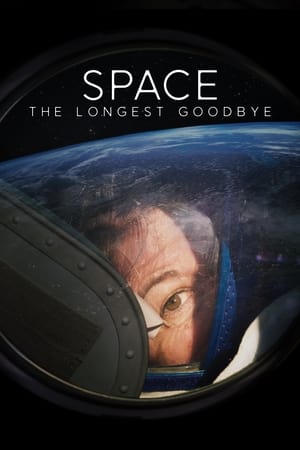 7.5
7.5Space: The Longest Goodbye(en)
Social isolation affects millions of people, even Mars-bound astronauts. A savvy NASA psychologist is tasked with protecting these daring explorers.
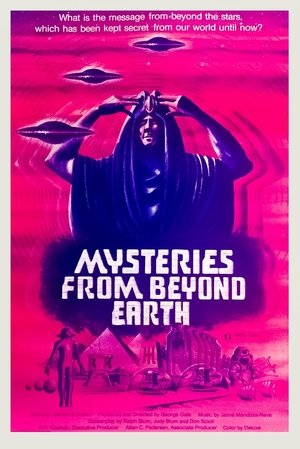 3.0
3.0Mysteries from Beyond Earth(en)
Narrator Lawrence Dobkin examines unusual paranormal activities and conspiracy theories in several eerie segments. Subjects include flying saucers and alien encounters, the disappearance of Atlantis, the Bermuda Triangle and the origins of Bigfoot, telekinesis, witchcraft, and the unusual notion that human evolution and technology might have been moved forward with assistance from intelligent extraterrestrial beings.
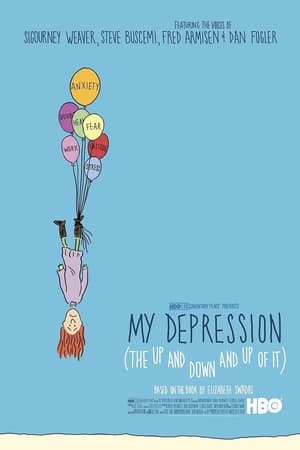 7.4
7.4My Depression (The Up and Down and Up of It)(en)
Based on Elizabeth Swados’ picture book of the same name, this animated short film charts one woman's struggle with depression.

